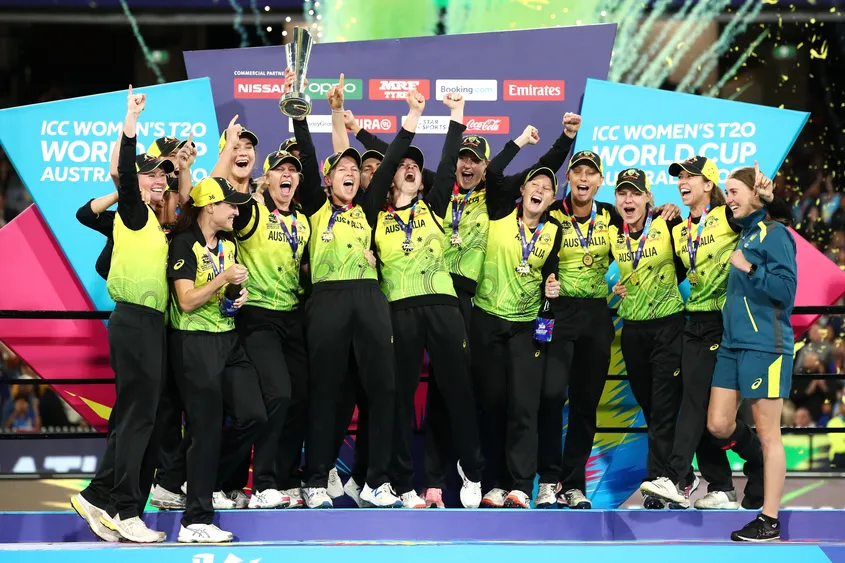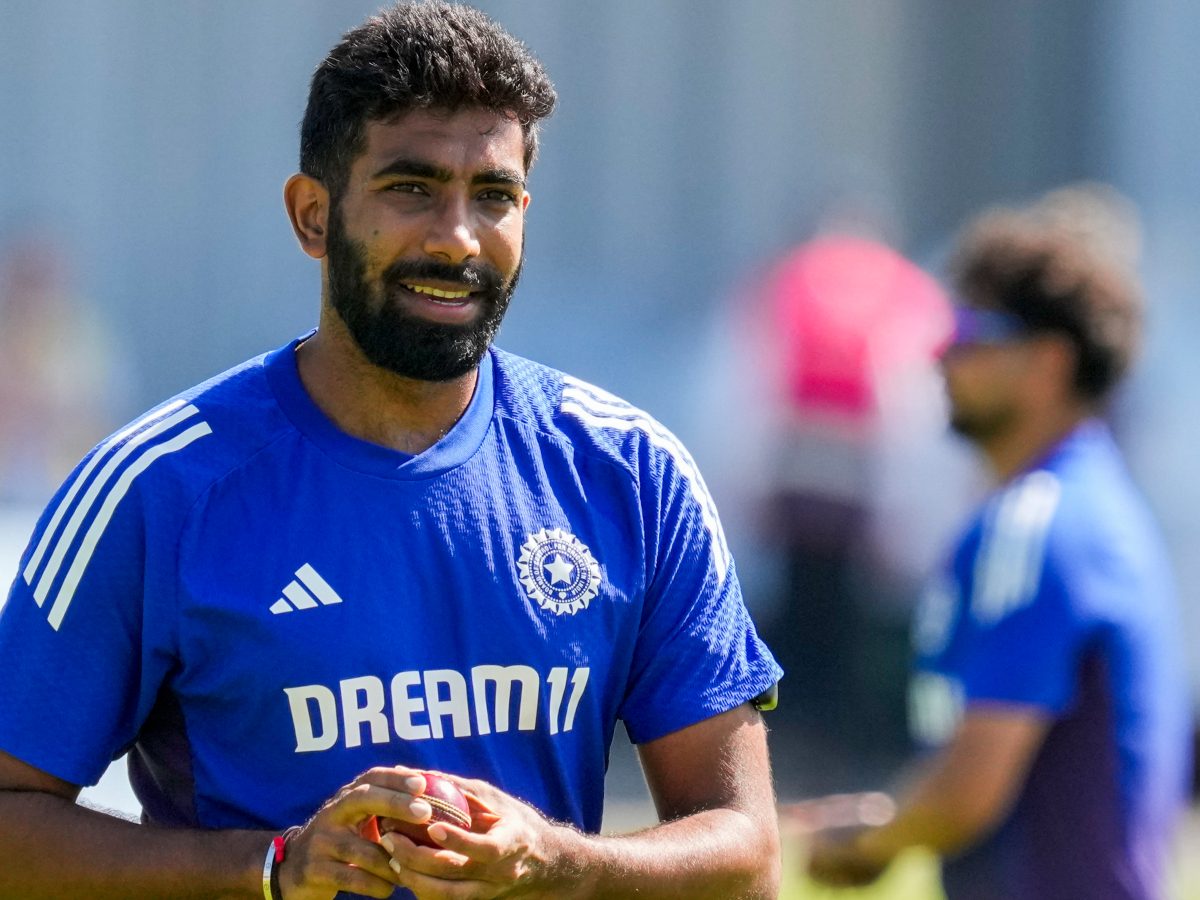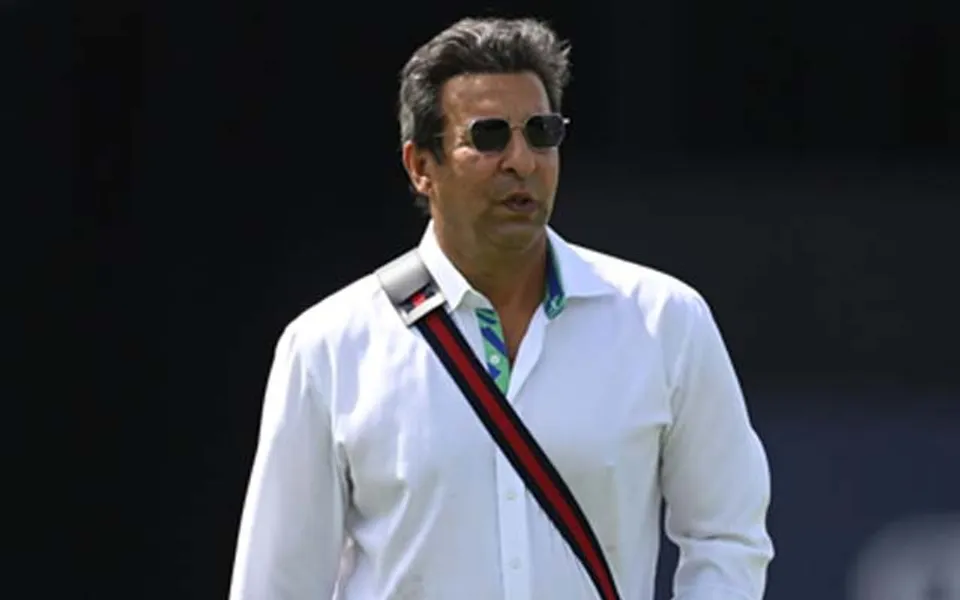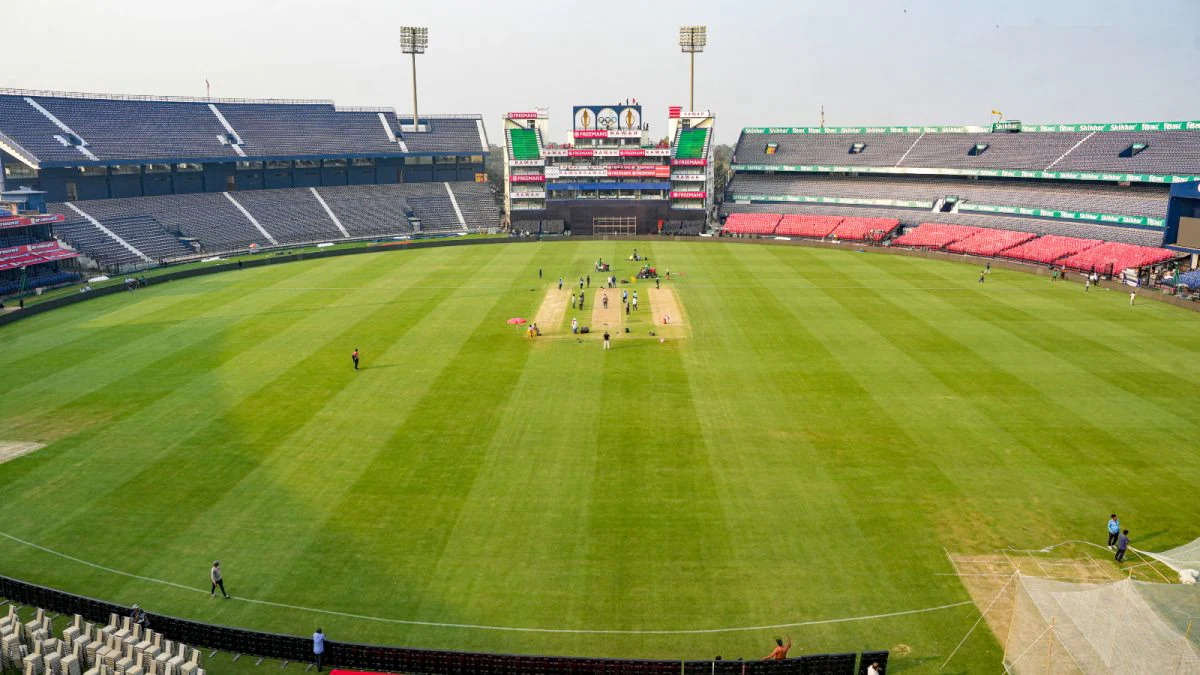At the ICC Women T20 World Cup 2023, which will be held in South Africa, ten teams will compete for the honour of becoming the champion and taking home the prized trophy. Australia is the current champion.
Even now, three years after Beth Mooney and Alyssa Healy led Australia to victory on their own turf for the championship, Australia is still the team to beat.
Nevertheless, nine teams will have other ideas, with just one change from the line-up in 2020 as Ireland takes the place of Thailand. Ireland took the slot after successfully navigating a nerve-wracking qualification competition to book their spot.
As the tournament’s hosts, South Africa were the first side to secure a spot, and on November 30, 2021, the other top seven teams in the world rankings joined them in automatically qualifying for the tournament.
This meant that South Africa would be joined in the tournament by the likes of Australia, who were the reigning champions, India, who had finished as runners-up in the previous tournament, England, New Zealand, Sri Lanka, Pakistan, and the West Indies.
With 37 teams planned to compete in the tournament across five regional groups, there were still two spots that needed to be assigned.
In addition to the champions of the five Regional Qualifiers, Thailand and Bangladesh, the two lowest-ranked teams that had competed in the 2020 ICC Women’s T20 World Cup, participated in the Qualifier. Thailand and Bangladesh were in the bottom half of the rankings for those teams.
The last available seat at the Qualifier was given to the team with the best ranking that had not already qualified through Regional Qualifying. This meant that Ireland was placed in the same group as Bangladesh, Scotland, and the United States.
Zimbabwe, Thailand, Papua New Guinea, and the United Arab Emirates were all part of the other group.
Nigar Sultana was brilliant for Bangladesh, who finished first, second, and third in their respective groups and scored 157 runs while averaging 78.5 runs per game.
They were joined in the semifinals by Ireland, who won a winner-takes-all match against Scotland by a score of 19 runs thanks, in large part, to the 66 that Gaby Lewis scored off of 37 balls.
In Group B, the competition was more intense, and every team ended up losing at least one match. Kelis Ndlovu’s efforts both at the crease and behind the stumps were decisive in Zimbabwe’s first two triumphs, which came against Papua New Guinea and Thailand, respectively.
Thailand advanced to the semifinals alongside Zimbabwe as a result of their victory against PNG by 12 runs in a one-off match to determine who would advance to the last four. Nattaya Boochatham emerged as the victorious player after recording four outs of a possible eight.
Both of the semi-finals, which would decide who would fill the last two berths in South Africa, were stressful events. In the end, Ireland prevailed over Zimbabwe by a score of four runs.
After making 137 for six when batting first, Ireland appeared to be in a precarious position with five overs remaining when Zimbabwe was 99 for three.
However, due to some tight bowling, Zimbabwe was left needing 15 runs from the final over, which proved to be an impossible effort. As a result, Ireland secured a ticket in the main tournament, having earned the final spot by virtue of their performance in the Qualifier.
In the other semifinal, Bangladesh was given a difficult time by Thailand after the latter made 113 for five from their 20 overs. Even the team’s captain, Sultana, struggled, scoring 17 runs off 24 balls.
Despite this, Thailand were immediately reduced to 13 for three and slipped a significant distance behind the required run rate. Natthakan Chantham scored 64 runs off of 51 balls, but it was not enough to bring them back into the game as they fell short by 11 runs.
After Bangladesh had already ensured its spot in the tournament, it competed against Ireland for a second time in the championship game, and the game ended with the same outcome as the first: Bangladesh prevailed over Ireland by a score of seven runs to take first place.
Their accomplishment has earned them a spot in Group A of the competition, which also includes the defending champions Australia and South Africa, the event’s host country, together with New Zealand and Sri Lanka.
Ireland was placed in Group B alongside England, India, the West Indies, and Pakistan. England and India were both finalists at the most recent Twenty20 World Cup and One-Day International World Cup, respectively.




